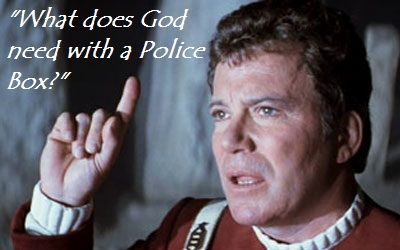I suppose it depends how you define 'canon.' Sherlock Holmes fans use it to mean novels written by Conan Doyle. The Bible means the 4 gospels of Matthew, Mark, Luke and John.
If you apply the same sort of criteria to DW, I would argue that the likes of books, radio dramas, DW unbound and the Cushing movies fall outside the definition of canon, no matter how influential they have proven to be or how well they fit in within the continuity of the series.
The reason fans make such a fuss over the word "canon" is that they assume it's a value judgment, a seal of approval for what's real or worthwhile or acceptable. But it isn't. It's just a descriptive label. The canon is the original, core body of work, as distinct from derivative works by other creators or companies (i.e. licensed tie-ins or fanfiction). That's all the word means. It doesn't mean "real" or "right," because virtually any long-running canon will retcon or ignore earlier parts of itself, so canon is no more exempt from being contradicted than tie-ins are. Fans use "canon" as a synonym for "continuity," and that's generally the goal, but it's not absolute, because a canon can rewrite its own continuity, or it can add ideas from non-canonical works into its continuity (e.g. the
Star Wars prequels and TV series incorporating characters, species, planets, etc. created for the comics and novels in some cases while ignoring them in others).
So canon does exist; it just doesn't
mean as much as fans mistakenly assume it does.
Doctor Who has a canon, but that canon has a very loose and mutable continuity.






